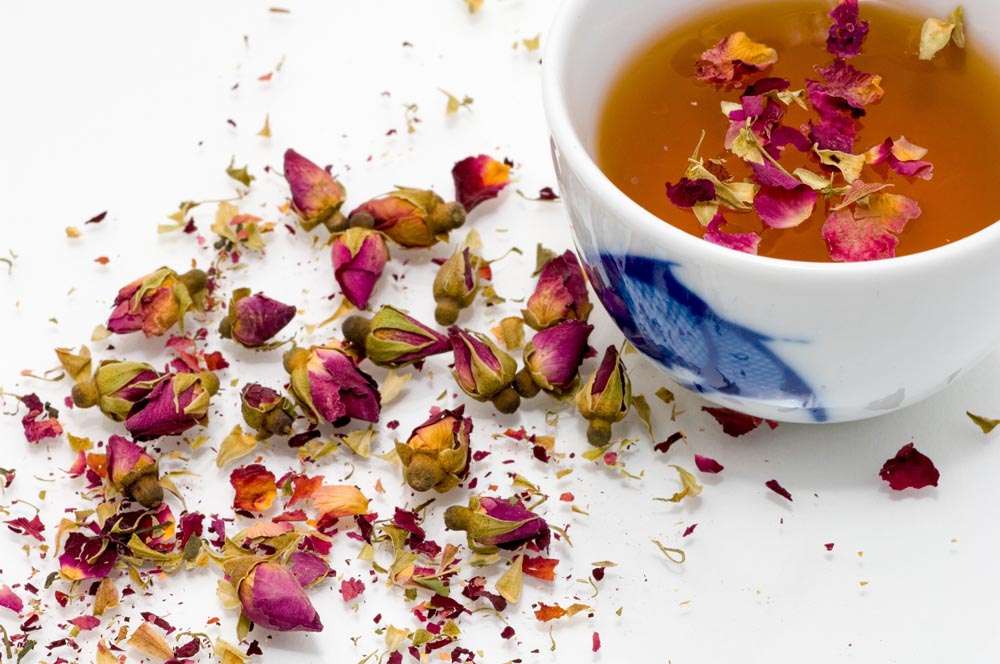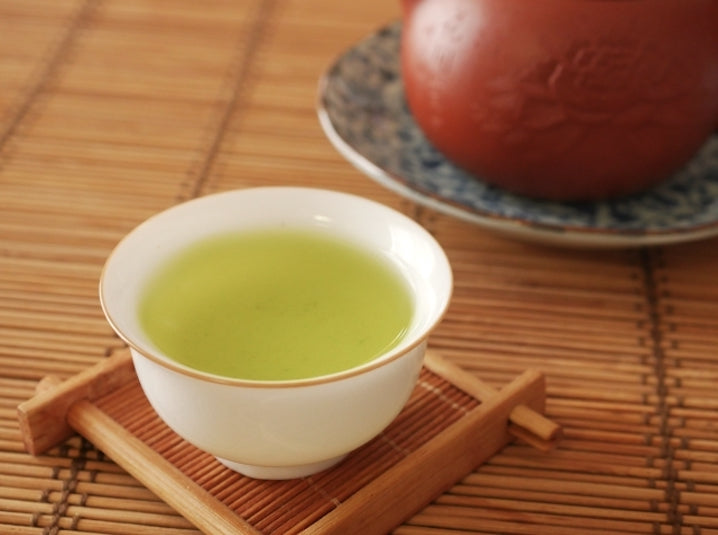Chamomile, Peppermint, and Rooibos
Herbal teas like chamomile, peppermint, and rooibos have been consumed for centuries for their soothing flavors and medicinal properties. Unlike traditional teas derived from the Camellia sinensis plant, these herbal teas are caffeine-free and made from a variety of plants, flowers, or roots. Scientific research has increasingly validated the health benefits of these teas, which range from digestive support to anti-inflammatory properties. Here’s a closer look at their potential benefits, supported by scientific studies.
1. Chamomile Tea
Chamomile tea is made from the dried flowers of the Matricaria chamomilla plant and is best known for its calming effects.
Health Benefits
- Promotes Sleep and Relaxation:
- Chamomile contains apigenin, an antioxidant that binds to certain receptors in the brain, promoting sleepiness and reducing insomnia.
- Study: A 2016 study published in Complementary Therapies in Medicine found that postpartum women who consumed chamomile tea experienced improved sleep quality and reduced symptoms of depression.
- Reduces Anxiety and Stress:
- The mild sedative effects of chamomile help reduce stress and anxiety levels.
- Study: Research in Phytomedicine demonstrated that chamomile extract significantly reduced generalized anxiety disorder symptoms.
- Supports Digestive Health:
- Chamomile has antispasmodic properties, easing symptoms of indigestion, bloating, and nausea.
- Study: A 2014 review in Molecular Medicine Reports highlighted chamomile’s role in calming gastrointestinal upset.
- Anti-Inflammatory and Immune-Boosting:
- Chamomile’s anti-inflammatory properties may help alleviate conditions like arthritis and colds.
- Study: Research in The Journal of Agricultural and Food Chemistry identified chamomile as having significant antimicrobial and antioxidant effects.
2. Peppermint Tea
Peppermint tea, made from the leaves of the Mentha piperita plant, is widely used for its refreshing flavor and digestive benefits.
Health Benefits
- Supports Digestive Health:
- Peppermint tea is a natural remedy for bloating, gas, and irritable bowel syndrome (IBS) due to its antispasmodic effects on the gastrointestinal tract.
- Study: A 2008 study in BMJ Clinical Evidence found peppermint oil to be effective in reducing IBS symptoms, with tea offering similar, milder effects.
- Relieves Headaches and Migraines:
- The menthol in peppermint has cooling and soothing properties that may help alleviate tension headaches.
- Study: Research in Cephalalgia indicated that topical menthol application, found in peppermint, reduced headache intensity.
- Improves Respiratory Health:
- Peppermint’s natural menthol acts as a decongestant and soothes sore throats, making it beneficial during colds.
- Study: Studies in Phytotherapy Research highlight peppermint’s efficacy in opening airways and reducing inflammation.
- Boosts Mental Clarity:
- Peppermint tea has been associated with increased alertness and improved cognitive function.
- Study: A 2016 study in Nutritional Neuroscience found that peppermint aroma enhanced memory and processing speed.
3. Rooibos Tea
Rooibos tea, native to South Africa and made from the Aspalathus linearis plant, is known for its rich antioxidant content and sweet, nutty flavor.
Health Benefits
- Rich in Antioxidants:
- Rooibos tea contains unique antioxidants like aspalathin and nothofagin, which combat oxidative stress and may reduce the risk of chronic diseases.
- Study: Research in Molecular Nutrition & Food Research confirmed the antioxidant activity of rooibos and its potential to improve heart health.
- Supports Heart Health:
- Regular consumption of rooibos tea may help lower blood pressure and reduce “bad” LDL cholesterol levels.
- Study: A study published in The Journal of Ethnopharmacology found that drinking rooibos tea improved cardiovascular markers in adults.
- Anti-Inflammatory Effects:
- Rooibos has anti-inflammatory properties that may benefit conditions like arthritis and asthma.
- Study: Research in Inflammopharmacology showed that rooibos inhibited the production of inflammatory cytokines.
- Supports Skin Health:
- The antioxidants in rooibos can reduce signs of aging and improve skin elasticity when consumed or applied topically.
- Study: A study in Food Chemistry highlighted rooibos as an effective ingredient for protecting skin from oxidative damage.
Comparison of Chamomile, Peppermint, and Rooibos Teas
| Property | Chamomile | Peppermint | Rooibos |
|---|---|---|---|
| Main Benefit | Relaxation and sleep support | Digestive aid and mental clarity | Antioxidant-rich, supports heart health |
| Key Compound | Apigenin | Menthol | Aspalathin and nothofagin |
| Best Use | Evening tea for stress relief | Post-meal tea for digestion | Anytime tea for overall wellness |
| Caffeine Content | Caffeine-free | Caffeine-free | Caffeine-free |
Conclusion
Chamomile, peppermint, and rooibos teas each offer unique health benefits backed by scientific studies. Chamomile excels in promoting relaxation and aiding sleep, peppermint is ideal for digestive health and mental clarity, and rooibos shines as an antioxidant powerhouse with cardiovascular and anti-inflammatory benefits. By incorporating these herbal teas into your routine, you can enjoy both their flavors and their health-promoting properties in a natural, caffeine-free way.






